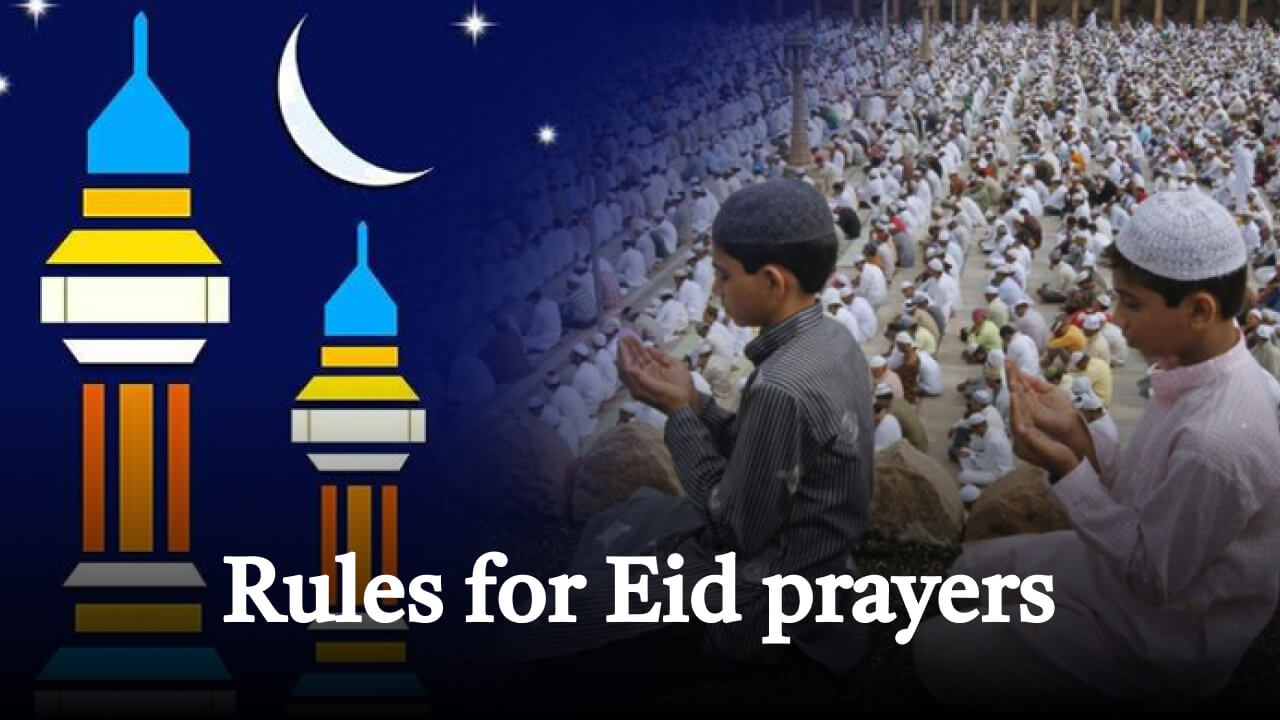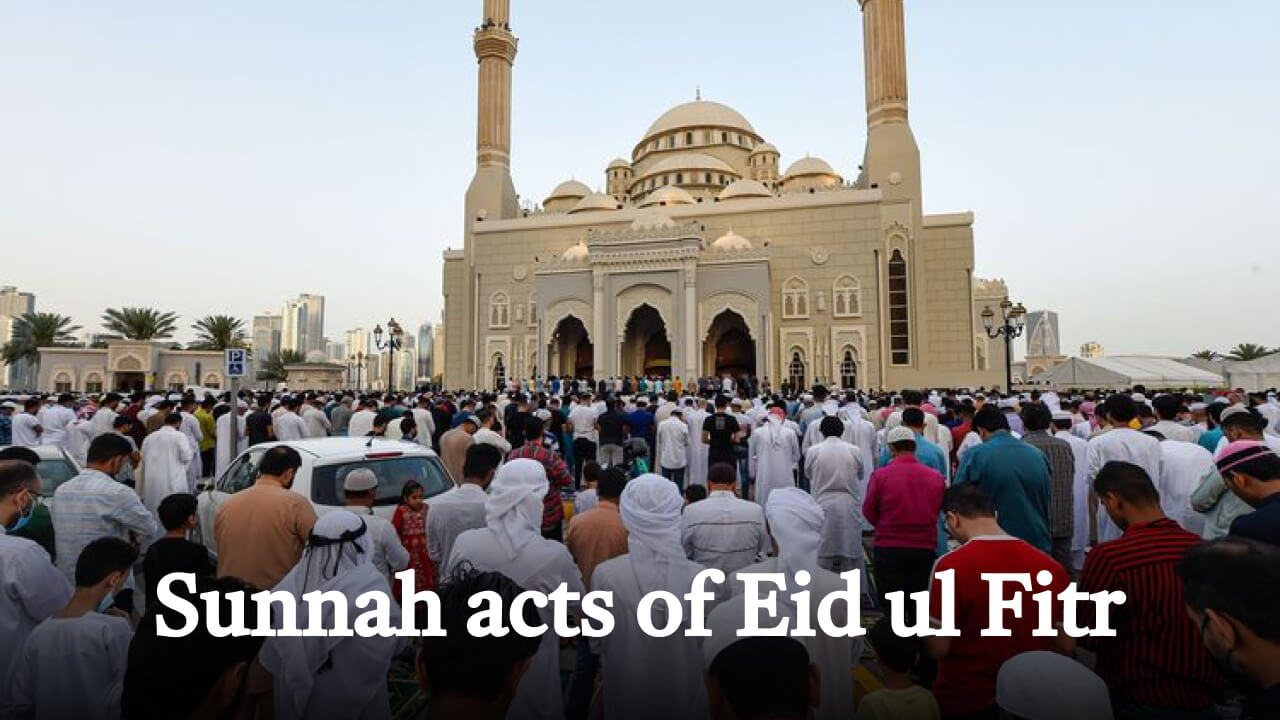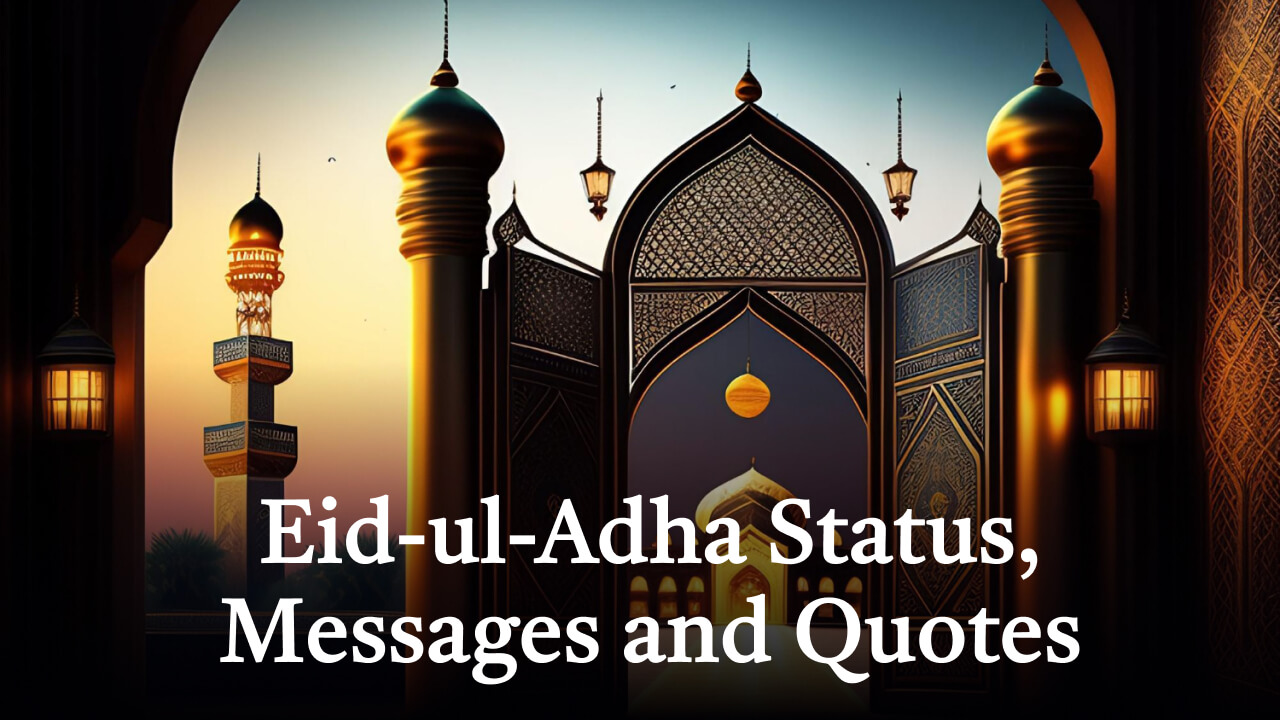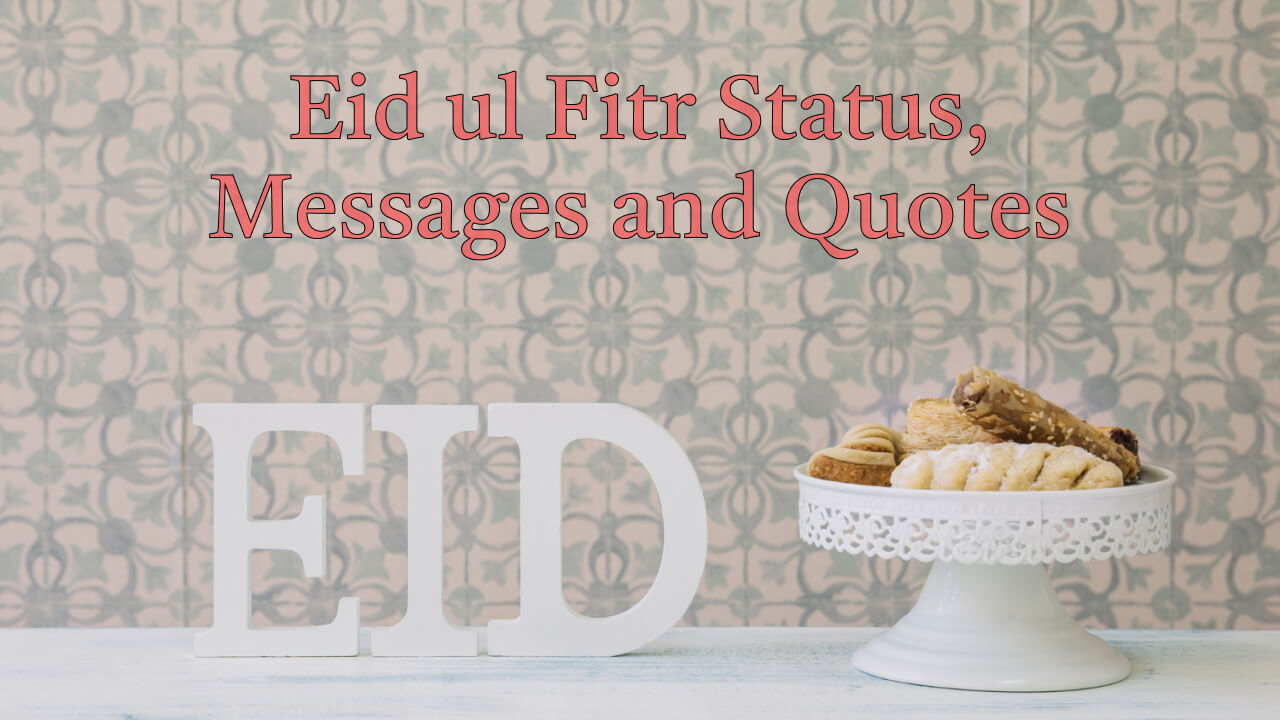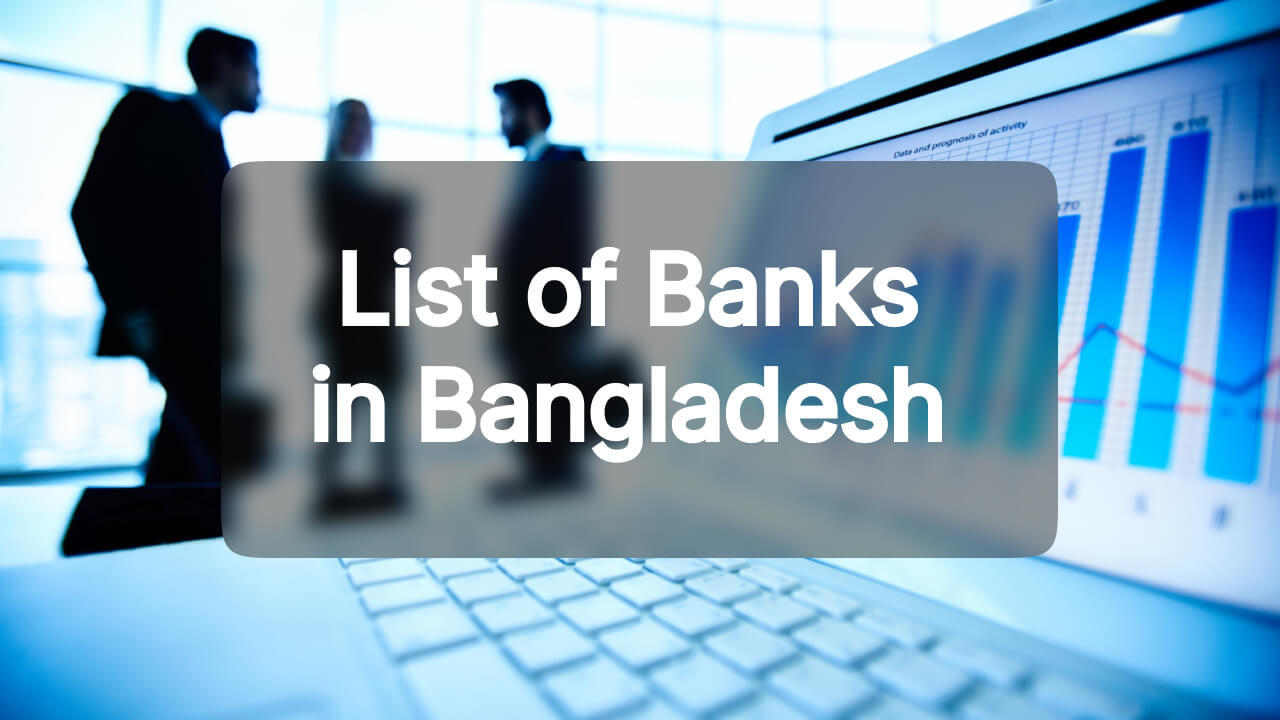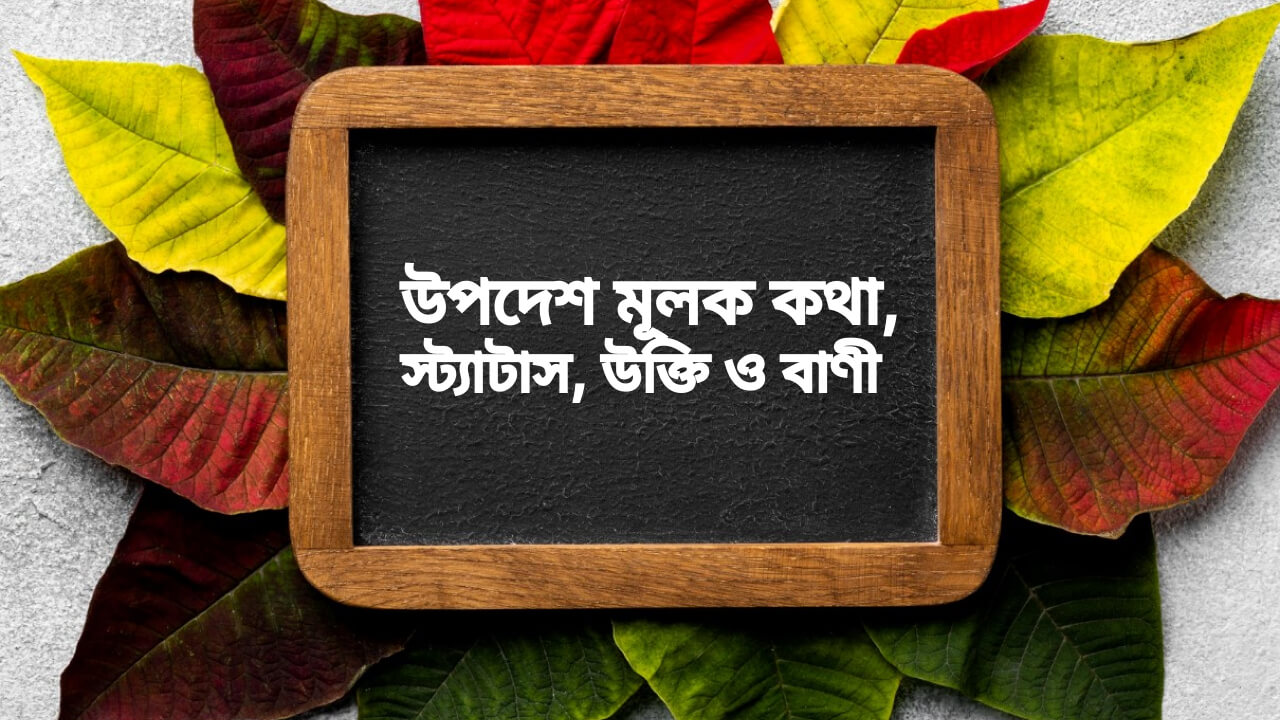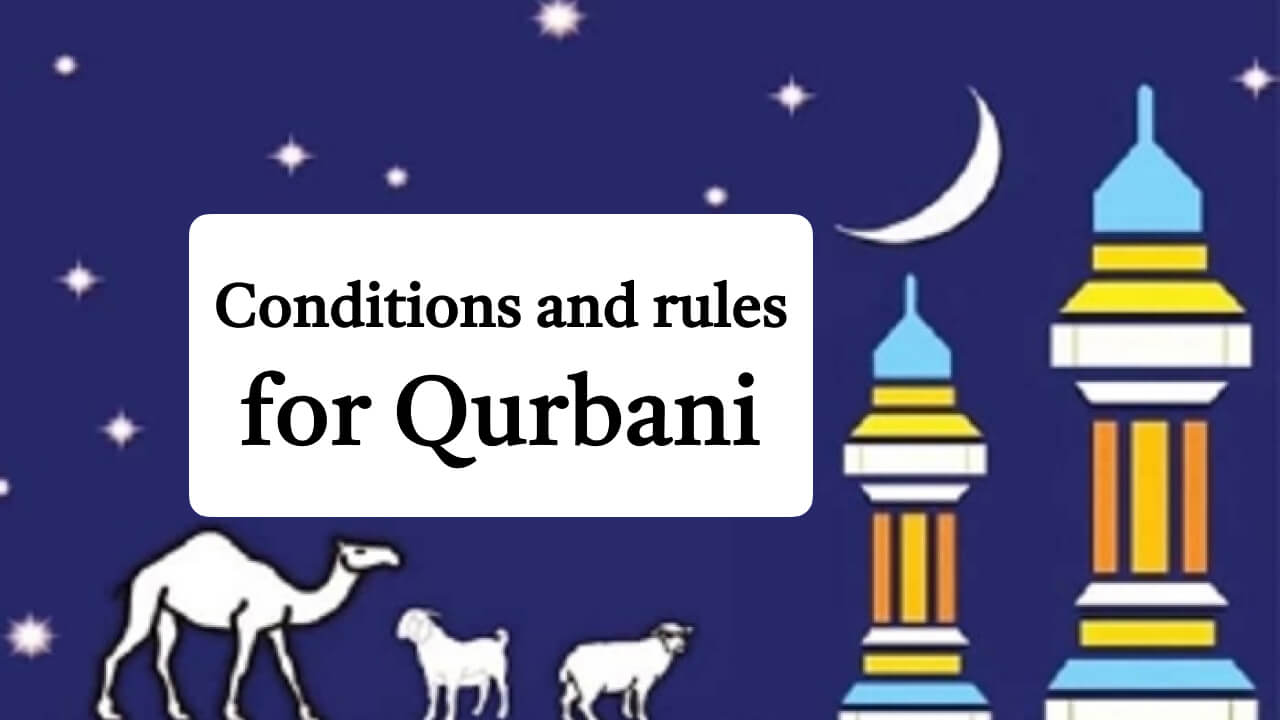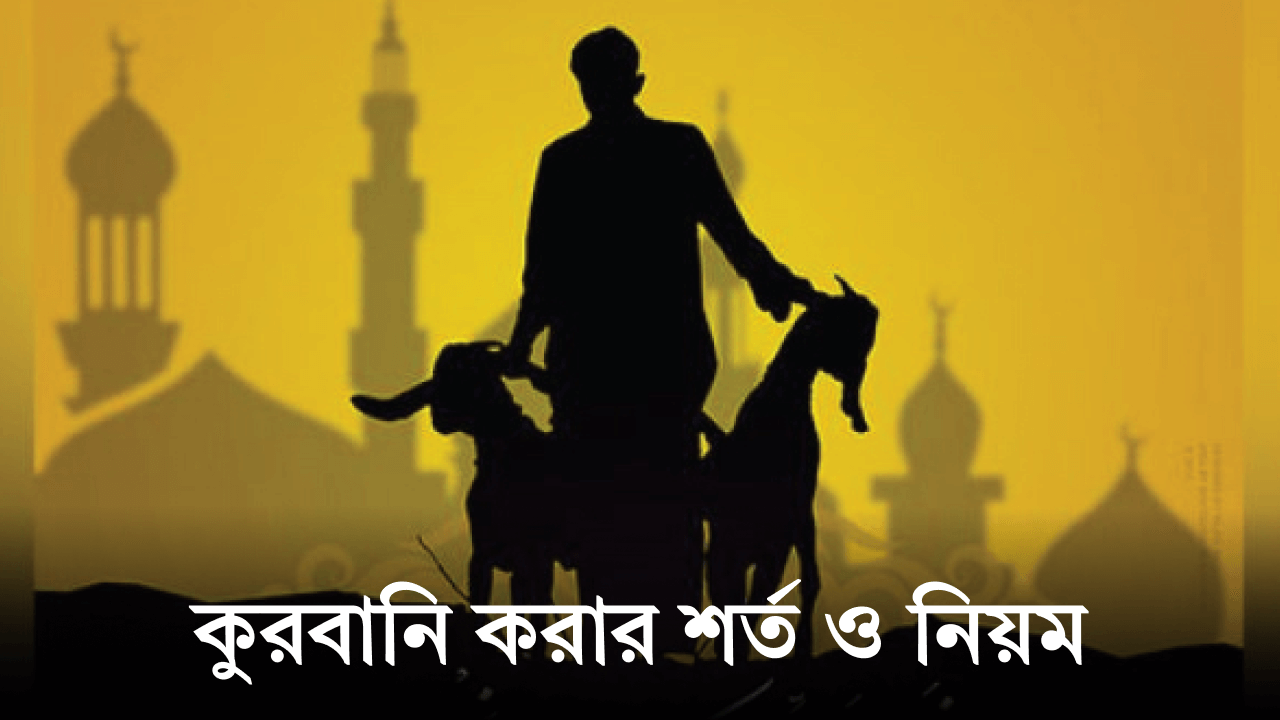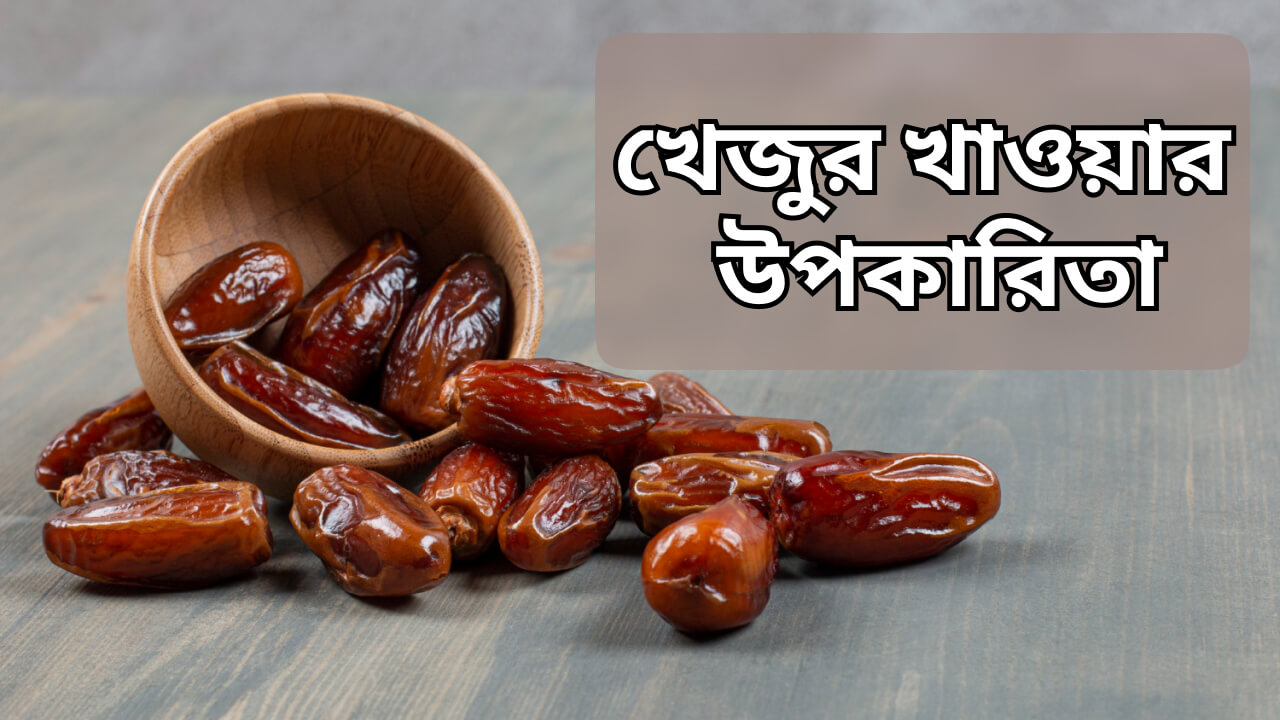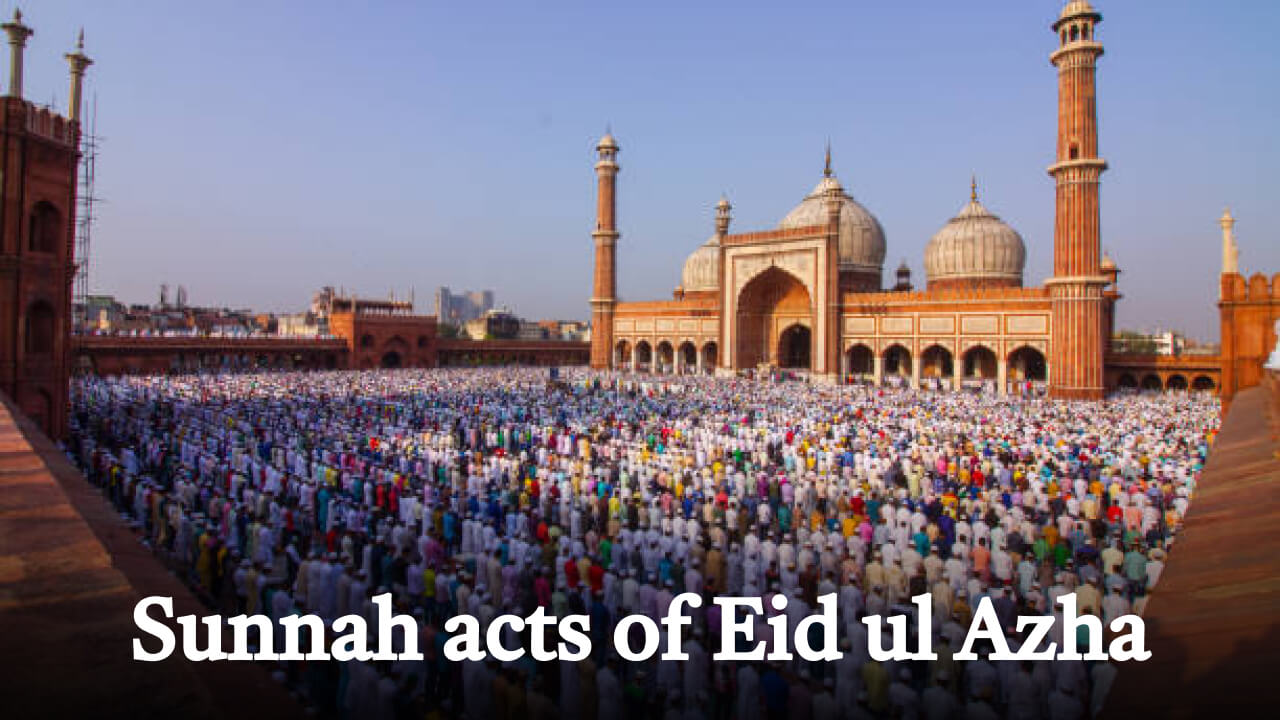
Eid-ul-Azha and Qurbani. One of the religious festivals of Islam and a unique worship of self-sacrifice. This festival appears before the Muslim Ummah every year with the message of self-sacrifice and humanity. This year, the holy Eid-ul-Azha and Qurbani will be celebrated on the 10th of Zilhaj (July 21) of 1442 Hijri. The word qurbani in Urdu and Persian is derived from the Arabic word قرب or قربان (قرب or قربان). Which means proximity or nearness. Sacrifice is every thing, through which one can get close to Allah. On the day of Eid, the believing Muslim has many important things to do. To make yourself tidy and beautiful, you have to observe these practices.
The Sunnah practices of Eid-ul-Azhar
- Meswak and bathing
- Dress as well as possible
- Do not eat or drink before going to Eidgah
- It is Sunnah to say Takbeer while going to Eidgah
- Going to Eidgah on foot
- Changing the way to and from the Eidgah
- Taking children to go to Eidgah
- Exchange Eid greetings
- Listening to the Eid sermon
- Sacrifice after Eid prayer
- Returning from Eidgah Nafal
Meswak and bathing
There is a hadith narrated by Abdullah Ibn Abbas (R.A.), “The Messenger of Allah (S.A.W.) used to take a bath on the days of Eid al-Fitr and Azhar.” (Bukhari: 1/130)
Dress as well as possible
Like Eid-ul-Fitr, on Eid-ul-Azhar also it is Sunnah to wear clean, beautiful and the best clothes you can afford. Ibnul Qayyim (RA) said, the Prophet used to wear the most beautiful and best clothes on the two Eid days. He had a special suit, which he used to wear on both Eids and Fridays. Hadith Sharif states, “The Prophet (PBUH) used to wear striped clothes on every Eid.” (Sunan Bayhaqi: 6363)
Do not eat or drink before going to Eidgah
It is Sunnah to go to the Eidgah without eating or drinking on the day of Eid-ul-Azhar and to take the first meal of one’s own sacrifice after prayer. It is in the hadith that Rasulullah (s.a.w.) did not go to the Eidgah without eating anything on the day of Eid-ul-Fitr; And on the day of Eid-ul-Azha, he did not eat anything without praying. (Jamee at Tirmidhi: 542)
It is Sunnah to say Takbeer while going to Eidgah
On this day, it is Sunnah to remember Allah Almighty by reciting Takbeer (الله اكبر, الله اكبر, لا إله إلا الله, ولله اكبر, الله عكبر, ولله الحمد ‘Allahu Akbar Allahu Akbar la ilaha illallahu wallahu akbar Allahu akbar walillahil hamd). Men will read this takbeer loudly, women silently. This takbeer will be recited from the 9th to the 13th of the month of Zilhaj. (Fathul Bari: 2/589)
Going to Eidgah on foot
If there is no impediment, it is Sunnah to go to the Eidgah on foot. Abdullah Ibn Umar (RA) narrated, “The Messenger (PBUH) used to go to the Eidgah on foot and leave the Eidgah on foot.” (Tirmidhi: 1295)
Changing the way to and from the Eidgah
On the authority of Jabir Ibn Abdullah (R.A.), he said, “The Prophet (S.A.W.) used to change the way he came and went to the Eidgah on the day of Eid.” (Bukhari: 986)
Taking children to go to Eidgah
On the authority of Abdullah Ibn Umar (RA), the Messenger of Allah (PBUH) went to the Eidgah on the two days of Eid. Umm Ayman (RA) used to go out to recite Takbeer and Tahlil in a loud voice. Then he used to arrive at the Eidgah through the road of the blacksmiths and on his return he would come home through the road of the cobblers.’ (Sunan Kubra Bayhaqi: 6349)
Exchange Eid greetings
Narrated by Zubair Ibn Nufair (R.A.), he said – “When the Companions of the Prophet (S.A.W.) met each other on the day of Eid, they would say ‘Takabbalallahu Minna Waminkum’ ‘May Allah accept all my good deeds and yours.’ (Fathul Qadir, Volume: 02, Page-517)
Listening to the Eid sermon
It is Sunnah to listen to the sermon after the Eid prayer. On the authority of Abdullah Ibn Sa’ib (RA), he said – I went to the Eidgah with the Prophet (PBUH). Then he taught us prayers. Then he said: “We have finished the prayer. Whoever wants to sit to listen to the sermon, and whoever wants to leave, he will leave.’ (Ibn Majah: 1073)
Sacrifice after Eid prayer
Bara Ibn Ajib (RA) said, ‘The Messenger of Allah (PBUH) gave a sermon to us. He said, “The first thing we do on this day is to pray, then sacrifice.” So whoever does this, his work will be like our way. And those who have already sacrificed, it is meat prepared for the family, not sacrifice. (Sahih Bukhari: 968; Sahih Muslim: 1961; Sahih Ibn Hibban: 5907)
Returning from Eidgah Nafal
It is makruh to perform any kind of nafal prayer before and after the Eid prayer at the place of Eid prayer. It is Sunnah to offer Nafal for two rakats after returning home from the Eid prayer. Narrated by Abu Saeed Khudri (R.A.), he said – The Prophet (S.A.) did not pray before the Eid prayer. However, after the prayer, he returned home and prayed two rakats. (Sunan Ibn Majah: 1293)
Note that
There is no adhan or iqamat for Eid prayers. This prayer has no effect. Jamaat is a condition for valid Eid prayers. Eid-ul-Azha prayer is recommended to be offered earlier in the morning than Eid-ul-Fitr. It is mustahab for the person who performs the Qurbani on his own behalf, to cut the nails and hair after performing the Eid prayer and sacrificing the sacrificial animal. By doing this, he reconciled with the Hajid.
Conclusion
May Allah make our celebration of Eid a means of worship. Protect us from all manifest haram and indecent acts. May Allah Ta’ala grant taufiq to the Muslim Ummah to perform these acts on the day of Eid-ul-Azhar properly. Amen.
Hope you have got an idea about the activities of Eid-ul-Azha from our article. If you like our article then share it with your friends and stay with us. Thank you.


